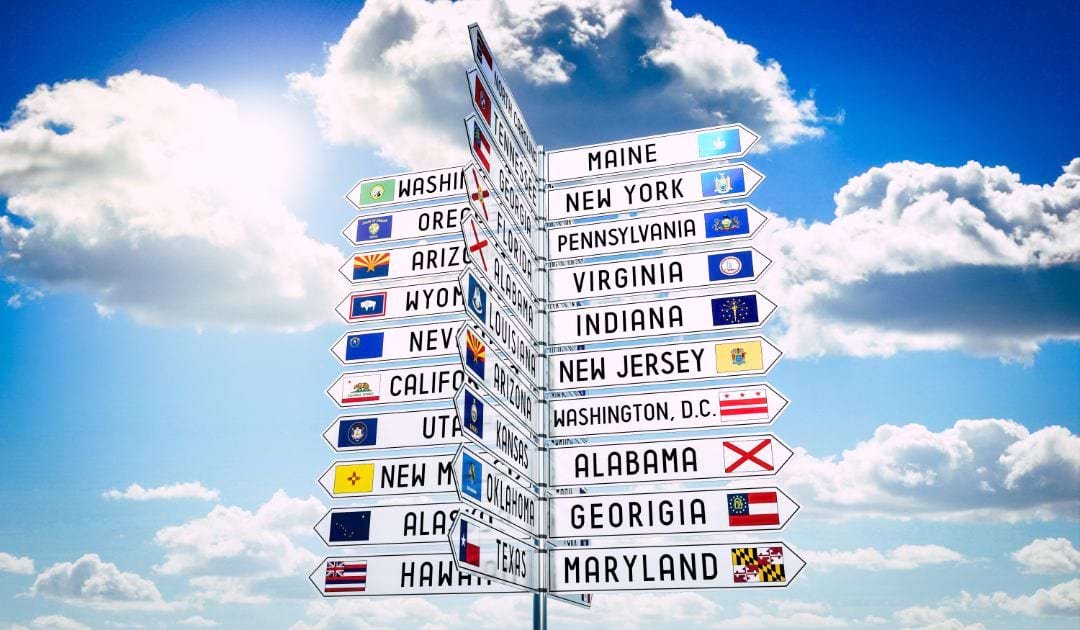

Frontex: Increase of Russian Entries Due to Partial Mobilisation by Russia Is Insignificant
In a statement issued yesterday, October 5, the European Border and Coast Guard Agency (Frontex) revealed that since the beginning of the war in Ukraine on February 24, more than 1.356 million Russian citizens had entered the EU through land borders, AtoZSerwisPlus.com reports.
Such data also show that more than 1.314 million Russian citizens have returned to Russia through land borders with the EU.
“Over the past week, nearly 53,000 Russian citizens entered the EU, around 20 per cent fewer than in the previous week. Most of them crossed into Finland (over 29,000), which remained for a brief period the only EU country bordering Russia with the least number of restrictions after the announcement of partial mobilisation,” the statement reads.
According to Frontex, most Russian travellers who attempted to enter the EU in the last week have residence permits or visas for the EU Member States or Schengen-associated countries, while others have dual citizenship.
“The arrival of Russian citizens in the EU will likely be limited both on the EU side by a stricter visa policy, as well as on measures taken by Russia to deter men of draft age from leaving the country,” Frontex pointed out.
In addition, Frontex’s assessment shows that illegal border crossings are likely to increase if the Russian Federation decides to close the border to potential recruits.
EU countries bordering Russia – Poland, Lithuania, Latvia, and Estonia – on September 19 imposed restrictions on the entry of Russian citizens travelling to their territories solely for tourism or entertainment purposes.
In this regard, on September 27, the Lithuanian authorities stopped 153 Russian citizens from entering the country. As the authorities explain, on September 25, 13 Russians were stopped from entering the country, while another 9,896 successfully entered Lithuania.
Meanwhile, according to the figures provided by the State Border Guard, a total of 258 citizens from Russia arrived in Latvia on October 4. The same source emphasised that these figures are five times less than the number of Russian citizens who entered Latvia’s neighbouring countries, such as Estonia, with 1,245 entries, and Lithuania, with 1,336.
Besides, Estonia has recommended its citizens avoid travelling to Russia except for necessary cases. At the same time, since the restrictions on the entry of Russians came into force, the Estonian authorities revealed that ten citizens of Russia had been refused entry to the country.


















